
January Johnson’s work could help lead to a brighter tomorrow.
She’s a community researcher for the state-funded Memory Keepers Medical Discovery Team at the U of M Medical School, Duluth Campus.
Johnson and her colleagues tackle a disease that slowly dims the light of way too many of our loved ones – dementia.
Their focus is on our rural and tribal communities, where, for unknown reasons, memory loss is growing at much higher rates than in our urban areas.
The team’s mission of finding help and hope is all the more pressing for Johnson: She’s from the Red Lake Band of Chippewa where treasured elders, and the cultural knowledge that they pass on, are most at risk.
Observes the team’s leader, Dr. Kristen Jacklin: “There’s been a lot that’s happened to Indigenous communities that have led to their stories, their songs, their medicine being lost or pushed underground. Dementia is one more threat. We’re here to find ways to prevent or maybe one day even cure the disease.”
Memory loss, by its very nature, is a sensitive subject. But, with urban solutions often pushed on small towns and the Indigenous community’s historical mistrust of government policies and institutions, it’s even more so.
The team, as a result, has developed a collaborative approach, hiring community members like Johnson to help with the work and forming advisory groups, including one with an elder from each of Minnesota’s 11 Indigenous bands.
Says Rick Smith, the group’s chair and a member of the Red Cliff Band of Lake Superior Ojibwe: “My role, with the help of the group, is to make sure things are done in a respectful and culturally appropriate way.”

Even Jacklin, the team’s executive director, brings insider ties of her own to the work. She grew up in a small town in Northern Ontario and saw healthcare disparities, not to mention racism, first hand.
While schoolmates went off to tackle health issues in fun exotic places, she couldn’t ignore the work that was needed in backyards like hers.
She was also keenly aware that there was beauty and strength in close-knit rural communities that even urban areas with all the resources in the world could learn from.
“We talk a lot about two-eyed seeing,” Jacklin says. “It’s about valuing both the lens of the Indigenous way of looking at things and the Western academic way.”
Adds the team’s associate director, Dr. Jordan Lewis, whose mom is Aleut: “I grew up around older adults who looked forward to becoming an elder. How can we translate that to our younger people?”

One of the promising areas of the team’s research highlights the unique challenge of dementia in rural communities. Independence, particularly of movement, is almost as important as air where the nearest grocery store might be a half-hour or more away.
Fear of losing that ability makes it difficult for someone, even family, to report early signs of memory loss. And, for a caregiver, there’s always the worry of their loved one wandering off.
The team is working with a company that makes a watch-like device that can monitor a loved one’s movements. Not just a trip to town or a friend’s house, but tiny movements, too, that indicate the progression of the illness and can lead to earlier intervention and more effective care.
“It’s based on life space,” says Dr. Wayne Warry, the director of the team’s rural health initiatives. “When you’re young, you move about in larger spaces. But, as your health deteriorates, in particular your memory, that life space shrinks.”

Johnson’s culture gives its people three names. They are given one at birth, one as an adolescent and a final one as an adult.
She never received her first two names, but as her band struggles to regain a culture taken from them, she’s going to make sure she gets her third name.
What she calls the elders who will give her that name captures the hope of her team’s work – especially for a culture that has relied on the oral tradition to pass on its secrets:
“Knowledge keepers.”
Inspired
University of Minnesota Medical School Memory Keepers Medical Discovery Team